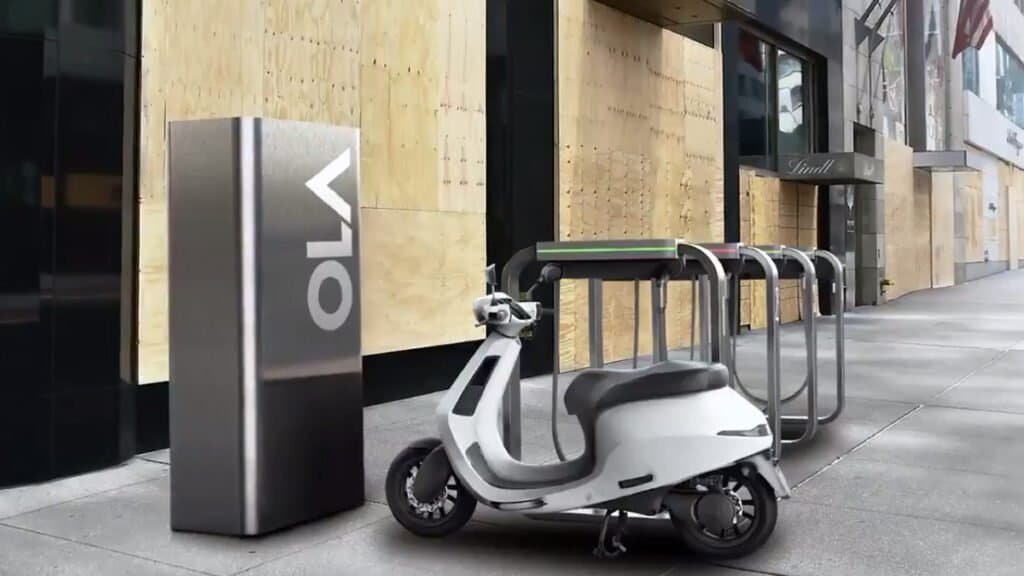According to a report by ET, the Indian government is demanding that six electric two-wheeler manufacturers return Rs 500 crore ($60 million) worth of subsidies for violating localization rules, effectively cutting off a much-needed source of capital.
When was this electric two-wheeler incident discovered?
It all started last year, when a slew of electric two-wheeler fires were reported across the country in quick succession, prompting the government to investigate whether or not businesses were complying with the localization norms of a subsidy program that mandates the development of the products in India.

It was discovered that a select group of manufacturers had little to no influence over the quality of their final goods since they relied heavily on imported ready-to-use parts, most of which originated in China.
Manufacturers of two-wheeler electric vehicles in India include Okinawa Autotech Pvt, Hero Electric, Greaves Electric Mobility Pvt, Revolt Motors, Benling India Energy & Technology Pvt, and Amo Mobility Solutions Pvt. The government is allegedly withholding subsidies of Rs 1,200 crore, causing these businesses to lose ground and struggle to attract investors. The Society of Electric Vehicle Manufacturers (SMEV) estimates that without the subsidies, e-scooter entrepreneurs would have lost a total of Rs 9,000 crore.
While the strict EV localization laws are hindering efforts to electrify two-wheeler mobility in India, the government has little alternative but to enforce the use of made-in-India components due to the risk posed by inexpensive Chinese components.